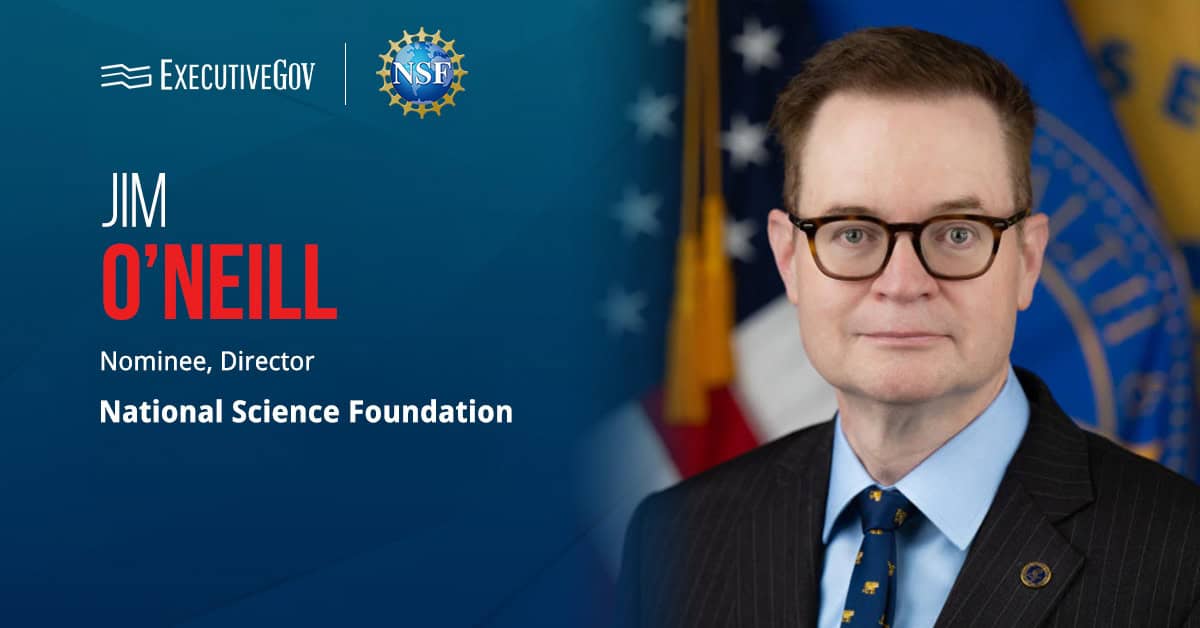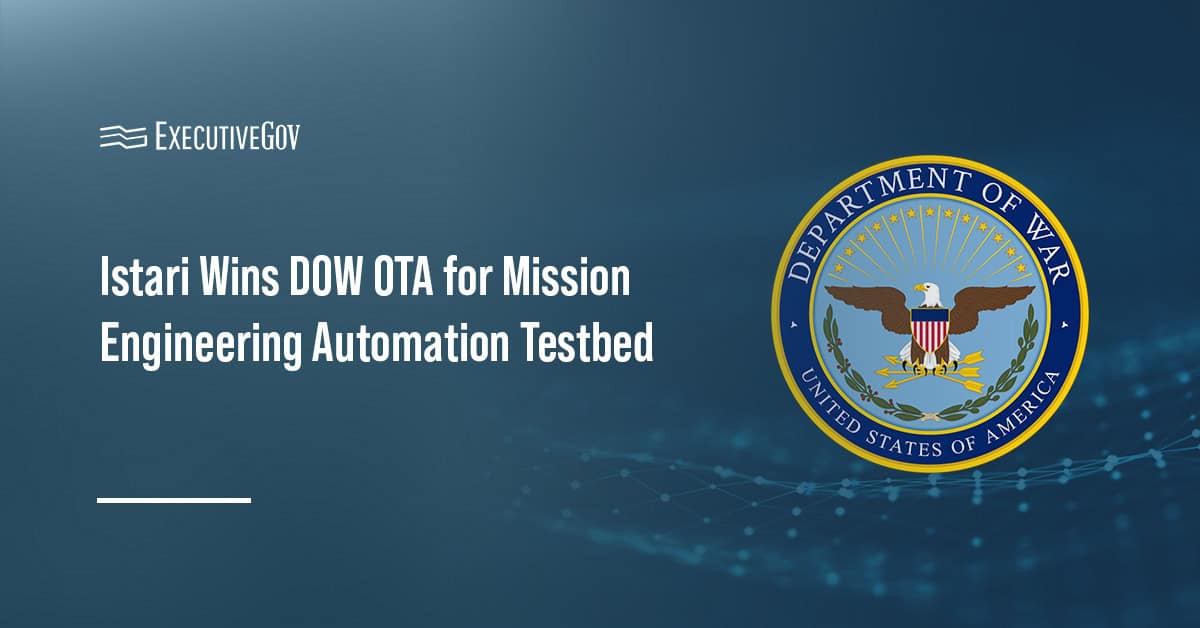Jonathan Elliott, formerly a project lead at Mitre, has joined the Department of Defense’s Joint Artificial Intelligence Center, to serve as chief of test and evaluation.
Elliott said Wednesday in a LinkedIn post he will be responsible for building enterprise tools and shaping best practices for AI T&E activity in his new position.
He spent nearly three years at Mitre and led the nonprofit company’s AI and engineering support to JAIC.
Before that, Elliott worked for the U.S. Navy’s Naval Air Warfare Center Aircraft Division’s Test Resource Management Center as chief engineer of autonomy and AI test technology and at Naval Surface Warfare Center Dahlgren Division as a test engineer.
He had a nearly two-year stint as graduate research and teaching assistant at the University of Maryland.





